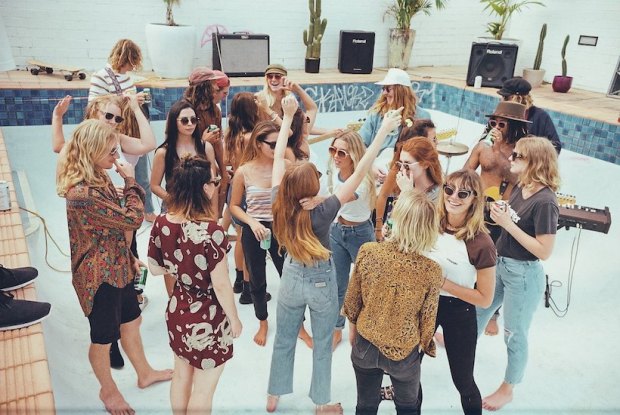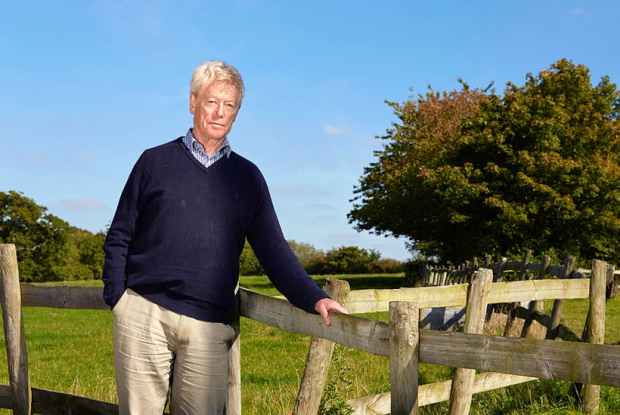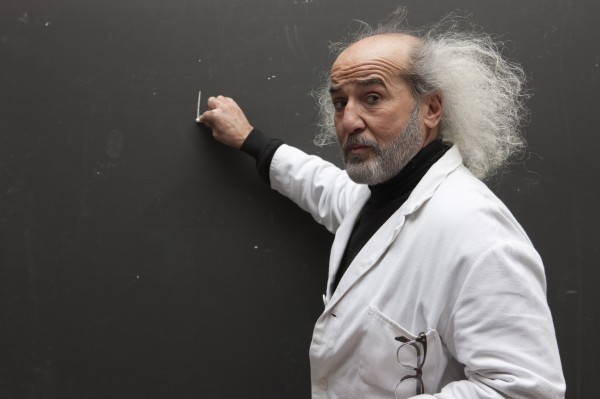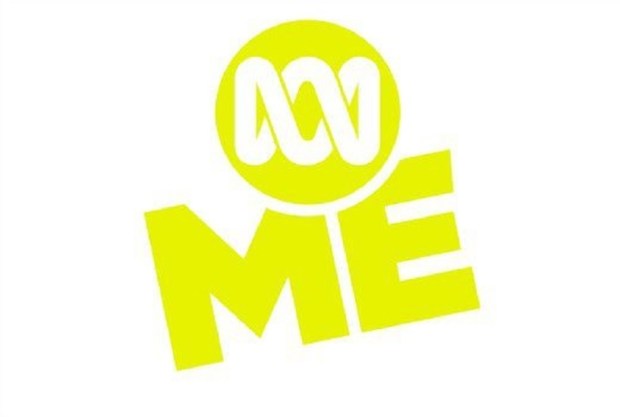One of the very first pieces that ran in The Monthly magazine was about the activities of the Young Liberals. It was published in 2005, and revisiting it in 2023, it’s interesting to read the people mentioned who would eventually set the stage for their party, as well as their country’s future. The men noted include Gareth Ward and Alex Hawke, both belonging to the moderate and conservative wings of the Liberals and, according to the long essay, are quite embarrassed to be in the same room. Ward went on to become NSW Parliament’s most polarising MP (the State Liberals kicked him out over an unproven sexual harassment allegation, but his electorate still overwhelmingly supports him), while Hawke became the Party’s most rugged power-broker, years after he was aligned with NSW’s firebrand conservative MP David Clarke, before setting off to establish a splinter faction called the centre-right that included Scott Morrison.
This pipeline continues to this day. In this year’s state election, two new MPs hail from being in the current NSW Young Liberals and are currently the youngest serving MPs in State Parliament. One of which is former Ryde mayor, Jordan Lane, who argues in his maiden speech that the current school hours, ending at 3 pm, should be extended because they are misogynistic and do not reflect the current employment standards. The proposal, on its merits, is unserious, but it was framed in a way that I feel it can only be conceived of by a Greens MP. For me, this was the straw that broke this camel’s back. As of writing this, I am constantly notified by texts and emails to renew my membership by the Party’s executive. I won’t be doing it this year and despair that tomorrow’s new leaders have already become one now.
I became a Young Liberal after I joined my University’s Liberal Club, months before Tony Abbott was ousted by Malcolm Turnbull. As I become involved, my politics cemented into a mixture of classically liberal and conservative beliefs: a promotion of small enterprise, limited government, family and communities, as well as national identity. While I never held an executive position, I edited the Club’s magazine, coordinated their events, and contributed to activities related to the Liberal cause, like handing out leaflets during cold election days. Now that I come out looking very disillusioned, I am not here to describe much of my first-hand experience, a la John Hyde Page’s notorious memoir The Education of A Young Liberal (currently out of print). What I will describe are the current priorities of the Young Liberals and how it does not resemble the centre-right coalition that it sought to be.
Unlike their elders, the Young Liberals don’t have a significant sway on party policy, it often makes a lot of noise, mostly for the wrong reasons. For a long time, the Young Liberals have become a megaphone for the Moderates’ orthodox beliefs. They dominate most of the Liberal Clubs on campus, especially in Sydney University, where they have a stranglehold on the Libertarian and Conservative Societies, and have effectively blacklisted any member that is right of Ben Shapiro. Their op-eds are published in Fairfax Media and The Guardian arguing that the base initially belonged to Malcolm Turnbull or that the Party doesn’t do enough on climate change. In Young Liberal Council meetings, it’s a self-congratulatory echo chamber for how great their comrades are at everything while marginalising their opponents and consequentially, the gravitas of having a serious debate. Policies relating to LGBTQ+ issues and combating Net Zero are not just pushed but are cheerleaded, whereas emergency motions regarding abortion and Covid are dismissed in seconds.
The problems that the Federal and State Liberal branches are experiencing have become susceptible in the Younger branches. Most of the members are aggressive careerists, who will put aside whatever principles they held in an attempt to be electable, not persuade potential voters that they aren’t out of date. Or they will elevate principles that aren’t convincing outside of inner-city suburbs. When the NSW Young Liberals made their submission to the party’s Federal Election review, it claims it lost middle Australia, blaming conservative candidates like Katherine Deves, and refusing to acknowledge that much of their safe seats in affluent suburbs, now held by the Teals, were moderates who took an unconvincing stance on climate change and struggled to campaign on anything else except to plead to their electorates ‘don’t vote for the other candidate’ and imitate their colours.
The insistence that they are, in essence, a broad church of conservative and classically liberal politics, does not hold up, because none of them practise what they preach. Without the proof in the pudding, it becomes an unrecognisable party. Cater to Middle Australia, sure, but change doesn’t occur without an interest in genuine reform and democracy. Instead, the party plays it safe when they refuse to see what the actual demographics are of these seats think versus the potential demographics from other areas they could vie for.
Adding to this, we have Jordan Lane apparently utilising TikTok to communicate their messages, despite reports he once claimed that the platform was Chinese spyware. Meanwhile, Freya Leach, a Young Liberal who ran as a candidate for Balmain, argued that because political communication is hybrid, they must take their ideas onto TikTok. To quote, ‘The exponential reach of social media content – particularly on TikTok – underscores the importance of having a robust digital strategy. And it is a sphere that is dominated by the left.’ I would argue that this is unconvincing because of how much of these metrics actually translate to potential voters who would put 1 next to her name and the Liberals are less concrete.
The devastating consequence of this brand is that young people will not become Young Liberals, nor will they hold familiar centre-right values. Consistent data shows that across several countries, including Australia, Millennials and Gen Z are unlikely to vote for right-wing parties, in part because they won’t become homeowners, nor will they dream of a better cost of living like affordable energy bills and building the incentives to start a family. Much of it is in part of the overwhelming groupthink in mainstream media, academia, and corporate boardrooms concern trolling the Liberals for being unelectable if they don’t comply with what they think they should do. They think that they should support the Voice or take over the party to be moulded into a fantasy of what the Liberal Party should be. Some, like Federal President, would probably oblige a segment of Australia’s population that will never ever vote for them.
To the reader under 30 thinking about joining the Young Liberals, I’d advise that you should act in your own conscience, in the same way, that a genuine broad church would encourage its members to exercise. Argue policies that would have a genuine impact on the state and country, such as opening up on nuclear energy, rather than issues like lowering the voting age to 16. Put them on the table in places like minor parties, think tanks, and magazines that will actually facilitate these kinds of discussions and subscribe to them. Develop more, if none exist. The world of politics has complicated contradictions, but the best way to break groupthink is actually battling it out.
A critical difference between the current Young Liberals and those mentioned in The Monthly is that the Old Libs at least held numerous distinguishing beliefs, whereas the former possess uniform values. It makes you wonder if these people could bring much-needed urgency to anything. It is not the Party of Menzies anymore. Nor was it Howard, Abbott, or even Turnbull and Morrison. It is the Party of David Sharaz.

























